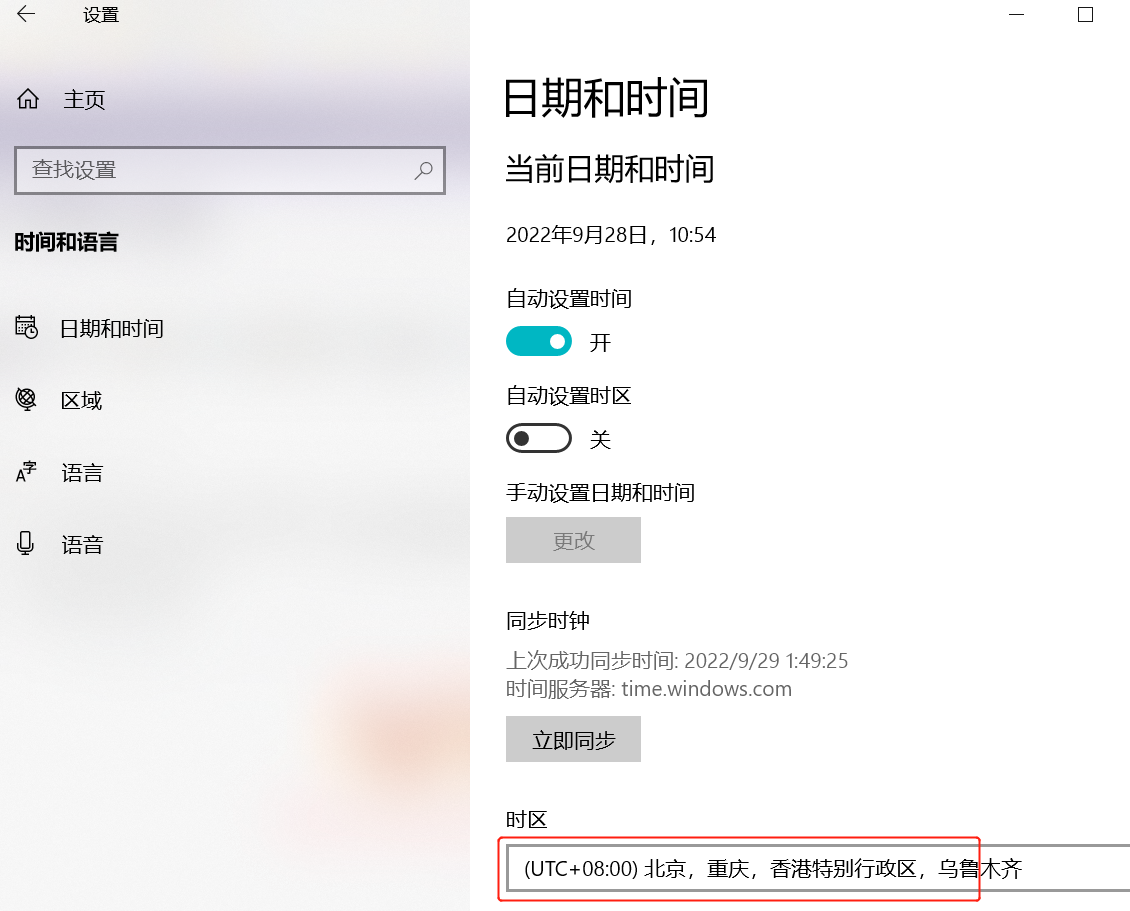问题描述
我想将每个单词存储在一个二维字符串中。我写的代码没有错误,唯一的问题是当有两个或更多空格时,它将空格存储为一个单词。如果有人知道我该如何解决这个问题
这是我的代码:
#include <stdio.h>
#include <ctype.h>
#define IN 1
#define OUT 0
int main()
{
char words[100][1000];
int i=0,k,j=0,m=0;
int state = OUT;
int nw = 0;
while((k = getchar()) != EOF)
{
if((isspace(k)!= 0)|| (ispunct(k)!= 0))
{
state = OUT;
words[i][j] = '\0';
i++;
j = 0;
}
else
{
words[i][j++]= k;
if(state == OUT)
{
state = IN;
nw++;
}
}
}
return 0;
}
解决方法
在输入新单词之前,您需要通过考虑最后一个字符来跳过所有空格。您还可以简化对空格和标点符号的检查。
#include <stdio.h>
#include <ctype.h>
#define IN 1
#define OUT 0
int main()
{
char words[100][1000];
int i=0,k,j=0,m=0;
int state = OUT;
int nw = 0;
int last_char = ' ';
while((k = getchar()) != EOF)
{
if((isspace(k)|| ispunct(k)) && !isspace(last_char))
{
state = OUT;
words[i][j] = '\0';
i++;
j = 0;
}
else if (!isspace(k))
{
words[i][j++]= k;
if(state == OUT)
{
state = IN;
nw++;
}
}
last_char = k;
}
return 0;
}

 设置时间 控制面板
设置时间 控制面板 错误1:Request method ‘DELETE‘ not supported 错误还原:...
错误1:Request method ‘DELETE‘ not supported 错误还原:...